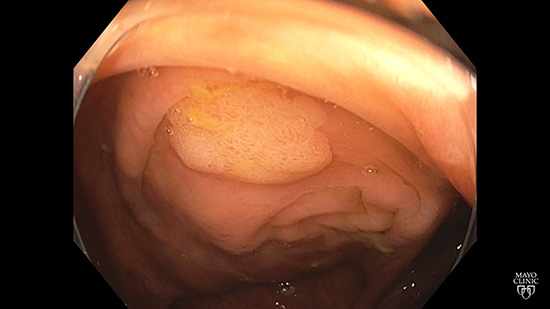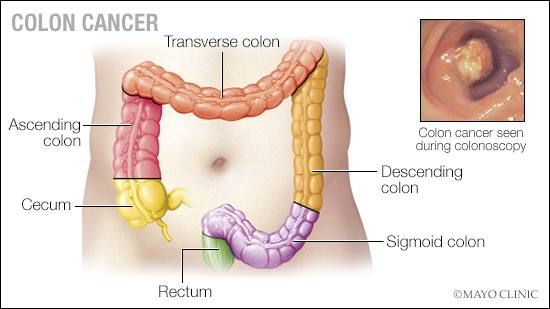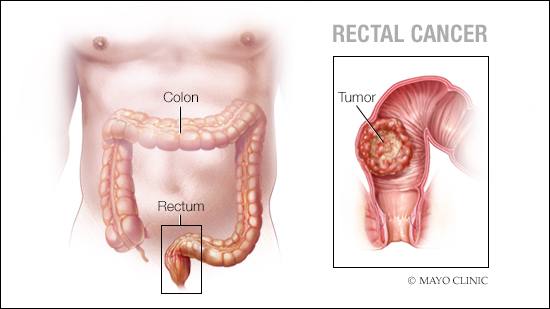-
Inside the new colorectal cancer screening guidelines for average-risk patients

The American College of Physicians has produced a guidance statement for colorectal cancer screening for patients who are at an average risk. This statement is based on a critical review of existing national guidelines.
"Patients who are age 50 to 75 who are asymptomatic, and don't have prior precancerous polyps or a family history of colorectal cancer, are considered average risk," says Dr. Frank Sinicrope, a Mayo Clinic gastroenterologist and medical oncologist.
While various groups have offered colorectal screening guidelines, the American College of Physician's guidance statement is meant to provide health care providers with recommendations based on available data on when and how to appropriately screen average risk adult for colorectal cancer.

"While several screening options are available, it is recommended that doctors discuss options with their patients and consider a variety of factors, such as benefits, risks, frequency, cost and patient preferences. All of these factors are important in making a recommendation to the patient for screening," says Dr. Sinicrope.
Watch: Dr. Frank Sinicrope discusses colorectal cancer screening.
Journalists: Broadcast-quality sound bites with Dr. Frank Sinicrope are in the downloads at the end of the post. Please "Courtesy: Mayo Clinic News Network."
"The American Cancer Society moved the age to begin screening down to 45 years. However, their guideline is the only one that has made that recommendation thus far," says Dr. Sinicrope. "There's not enough data to recommend that screening begin earlier than age 50 at this time. We know that colorectal cancer is a disease of aging and that the number of new cases increases as we get older."
Colorectal cancer is the second-leading cause of cancer-related death among people in the U.S. It can affect anyone at any age. However, it typically affects older adults.
Recommended colorectal cancer screening tests include stool-based studies and direct visualization tests, such as flexible sigmoidoscopy or colonoscopy.

These are the suggested screening tests and intervals:
- Fecal immunochemical test or high-sensitivity, guaiac-based fecal occult blood test. This test is recommended every two years.
- Colonoscopy
This test is recommended every 10 years. - Flexible sigmoidoscopy
This test is recommended every 10 years, along with a fecal immunochemical test every two years.
Dr. Sinicrope says it is important to note that any abnormal stool-based screening test will require that a colonoscopy be performed.
When selecting a screening test, considerations include benefits and potential risks. For example, colonoscopy risks include bleeding or perforation. These risks are relatively uncommon, but are increased in patients who are elderly and in those with certain underlying diseases.
The screening guidelines are for average-risk patients and do not apply to those at increased risk, such as those with a history of precancerous polyps of the colon or family history of colorectal cancer, or those who have inflammatory bowel disease.
Dr. Sinicrope says it's important that everyone have some form of colorectal cancer screening, beginning at the age of 50 because screening saves lives. "There is a menu of tests available, and people should discuss with their doctor what test may be best for them."
"We generally say that the best screening test is the one that the patient will undergo and comply with. We want everybody screened."







